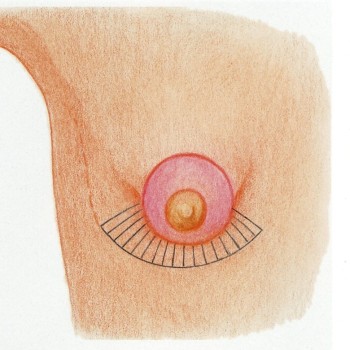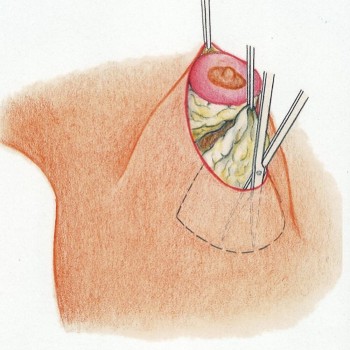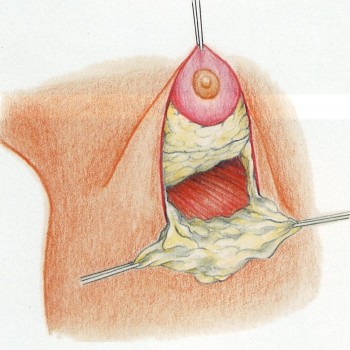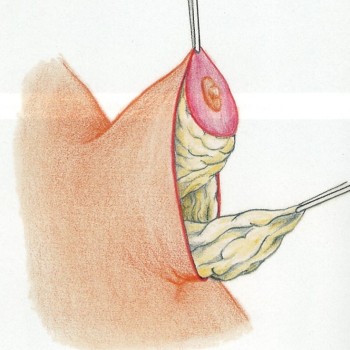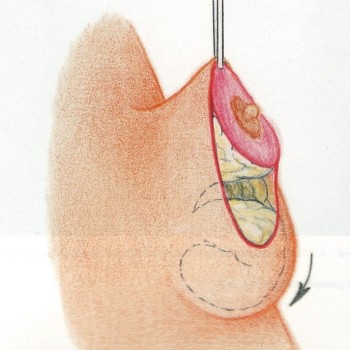
- Aesthetic Surgery
- Breasts Surgery
- Breast Lift
Breast Lift
Sometimes the areola becomes enlarged over time, and a breast lift will reduce this as well.
A woman's breasts often change over time, these changes and loss of skin elasticity can result from:
- Pregnancy
- Breastfeeding
- Weight fluctuations
- Aging
- Gravity
- Heredity

Type of procedure:
-Peri-areolar incision
-vertical incision
-L shape incision
-T shape incision
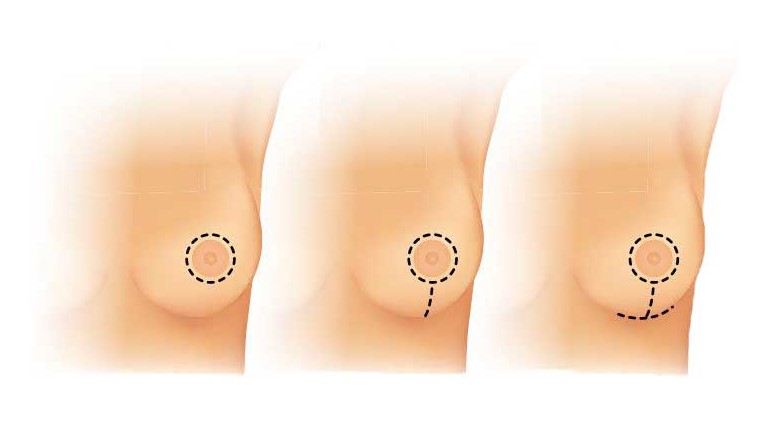
INFORMATION ABOUT PROCEDURE:
Breast lift surgery does not significantly change the size of your breasts or round out the upper part of your breast. If you want your breasts to look fuller, consider breast lift and breast augmentation surgery. Some case use mesh to enhance the shape
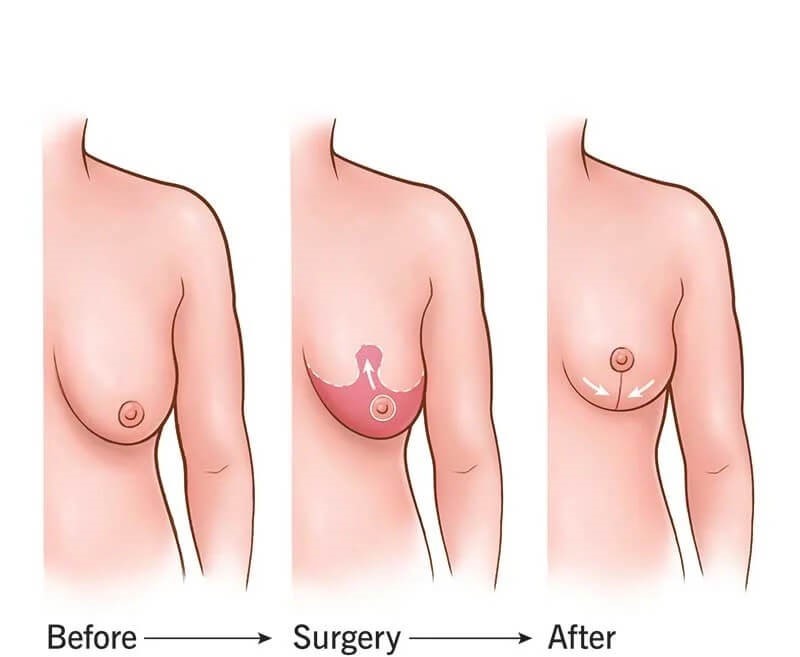
After the procedure:
After a breast lift, your breasts will likely be covered with gauze and a surgical support bra. Small tubes might be placed at the incision sites in your breasts to drain any excess blood or fluid.
Your breasts will be swollen and bruised for about two weeks. You'll likely feel pain and soreness around the incisions, which will be red or pink for a few months. Numbness in your nipples, areola and breast skin might last for about six weeks.
Complication:
- Bleeding
- Breast asymmetry
- Breast contour and shape irregularities
- Changes in nipple or breast sensation, which may be temporary or permanent
- Fatty tissue found deep in the skin might die (fat necrosis)
- Fluid accumulation
- Infection
- Poor healing of incisions
- Possibility of revisional surgery
- Potential partial or total loss of nipple and areola
RESULT:
During your breast lift recovery, dressings or bandages will be applied to the incisions after the procedure is completed.
You'll need to wear an elastic bandage or support bra to minimize swelling and support your breasts as they heal. The results of your breast lift surgery are immediately visible. Over time, post-surgical swelling will resolve and incision lines will fade
The tuberous Breast.

